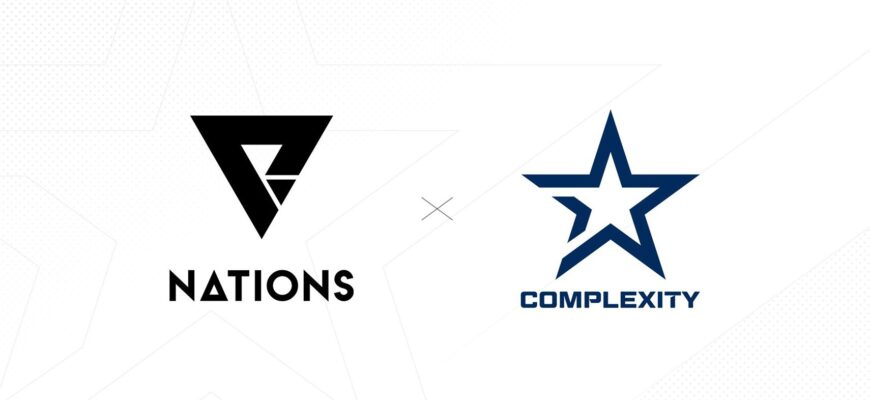On October 8th, 2025, a quiet tremor rippled through the esports community. Complexity, an organization synonymous with longevity and competitive spirit, announced the cessation of its content creator program. For a decade, this initiative had cultivated a network of ambassadors, streaming personalities, and community figures, acting as a vital bridge between the organization and its fanbase. The announcement, delivered with a hint of melancholy by COO Kyle Bautista, marks not just the end of a program, but another significant step in a broader strategic retreat that has characterized Complexity`s recent operations.
“Sad to be closing down our creator program after ten years and working with dozens, if not hundreds, of the industry’s best,” Bautista stated, expressing gratitude to all involved. While the official reasons for the closure remain undisclosed, it arrives amidst a palpable pattern of downscaling that suggests underlying economic pressures are exerting a significant toll on even the most storied esports entities.
A Pattern of Strategic Disengagement
This latest move is far from an isolated incident. The decision to wind down the content creator program follows a series of high-profile exits from major esports titles. In June of the same year, Complexity announced its departure from the Apex Legends esports scene, concluding a six-year tenure in the Apex Legends Global Series (ALGS). Just two months prior, in August, the organization also stepped away from Counter-Strike esports, citing economic challenges as the primary driver behind that difficult decision.
For an organization founded in 2003, one of the longest-standing names in competitive gaming, these repeated withdrawals paint a stark picture. They underscore a re-evaluation of operational sustainability, suggesting that the once-rapid expansion of esports is now facing a period of pragmatic consolidation. The complexity of navigating this environment, one might observe, appears to have become quite pronounced for an organization bearing that very name.
The Economic Undercurrents Shaping Esports
The retreat of Complexity is a microcosm of a larger narrative unfolding across the esports industry. The initial gold rush of venture capital and inflated valuations has given way to a more sober reality. Economic headwinds, ranging from the tapering of pandemic-era viewership surges to a more scrutinizing sponsorship landscape, are forcing organizations to make difficult choices. Investments that once seemed promising now require substantial returns, and the path to profitability in esports remains, for many, an elusive one.
Content creator programs, while invaluable for brand building and community engagement, represent a substantial operational cost. Maintaining a roster of creators, providing them with resources, and integrating them into marketing activations demands significant financial and logistical investment. When faced with the imperative to cut costs, these programs, despite their intrinsic value, can become targets. The irony is not lost: in an era where authentic content is king, organizations are being compelled to divest from those very creators who embody it.
What Lies Ahead for Complexity and the Industry?
With the content creator program now shuttered, the immediate future of Complexity appears to hinge on a leaner operational model. The organization continues to field competitive rosters in Rocket League and Halo. However, even these remaining pillars face their own uncertainties. The Halo roster, for instance, is set to compete at the season-ending Halo World Championship 2025 – an event that also marks the official retirement of Halo Infinite from the Halo Championship Series. This means another flagship title will soon conclude its competitive life, potentially requiring Complexity to make further strategic adjustments.
The saga of Complexity serves as a potent reminder for the broader esports ecosystem. It highlights that even historical success and an established brand are not immune to the economic currents of the industry. The ongoing adjustments signal a maturation phase, where sustainable business models are prioritized over aggressive expansion. For content creators, players, and fans alike, this period demands adaptability and a clear-eyed understanding of the evolving landscape. The question is no longer merely about who can win the next tournament, but who can navigate the increasingly intricate game of financial survival.








